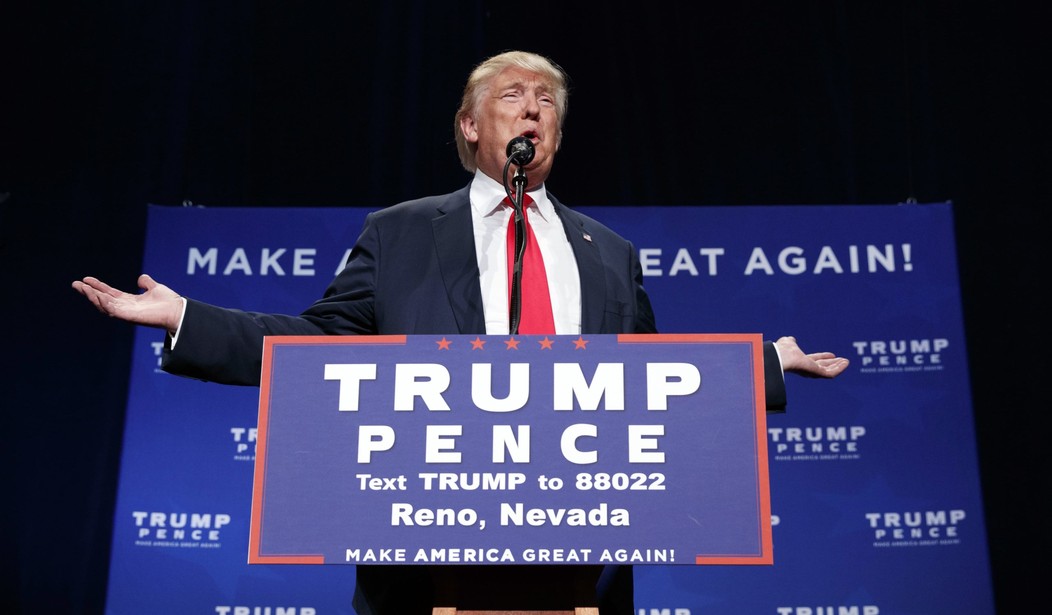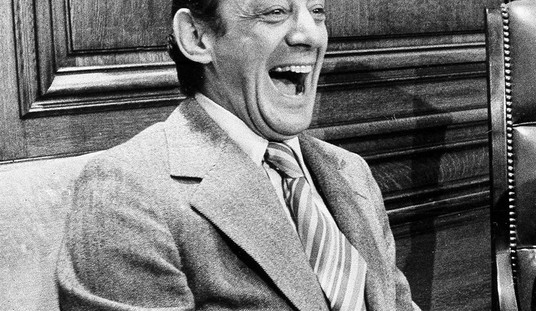While the vast majority of the American people say they have been keeping up with news about Russia’s attempts to influence the 2016 presidential election, most say it would not have altered the results of the election. In a turbulent time when many call President-elect Donald Trump illegitimate, and The New York Times ran an op-ed giving Trump “All Due Disrespect,” this is a welcome boost to his credibility.
In a new CNN/ORC Poll, nearly 80 percent of Americans say they have been closely following the news of Russia’s meddling in the election, including 84 percent of Democrats, 75 percent of Independents, and 72 percent of Republicans. Most Americans in the poll (58 percent) say that the outcome of the election would have been the same regardless of the information allegedly released from Russia. While the Russians may have helped release the information, they could not have created the corruption in the Democrat Party — they could only have revealed it.
Naturally, this majority breaks down along partisan lines. 65 percent of Democrats say the information from Russia was significant to change the election, while only 38 percent of Independents and 10 percent of Republicans agree. A whopping 87 percent of Republicans say the Russia leaks likely did not tip the scales to President-elect Donald Trump, and 59 percent of Independents — and even 34 percent of Democrats! — agree.
Interestingly, majorities of Americans in every quarter of the country agree that Russia’s leaks did not tip the election to Donald Trump.
Most Americans also express concern about the assessment of U.S. intelligence agencies that the Russian government attempted to influence the election through the hacking of political campaigns and the release of selected information. If the assessment proves true, 17 percent of Americans would describe this situation as a “crisis,” 48 percent would describe it as a “major problem,” and 24 percent would describe it as a “minor problem.” Only 11 percent would say it is “not a problem at all.”
There is partisan disagreement over whether the intelligence community’s conclusions are correct, however. 74 percent of Democrats say it was very or extremely likely the intelligence community’s assessment is correct, while only 17 percent of Republicans say so. Overall, 43 percent of Americans agree it is extremely or very likely the assessment is true, while another 32 percent say it is somewhat likely. 24 percent describe it as unlikely to be true.
Independents (65 percent) say that if the intelligence community is correct it would be a major problem for the country, but they tend to doubt that it is true (only 37 percent said this is likely), and only 38 percent say that Russia’s information leaks would have changed the outcome of the election.
Nevertheless, 56 percent say that despite this situation, the U.S. ought to work to improve relations with Russia rather than taking economic and diplomatic steps against the country.
Americans are split over how tough Trump as president will be on Russia. 47 percent say he will be too easy on the country, 43 percent say he’ll be about right, and 8 percent think he will be too tough. Most Democrats (75 percent) suspect he will be too easy on Russia, but Republicans (80 percent) argue his approach will be about right.
Nevertheless, Russian President Vladimir Putin remains heavily unpopular, with only 12 percent of Americans saying they had a “favorable” opinion of him, while a full 71 percent say they had an “unfavorable” one.” Only North Korean leader Kim Jong Un receives worse ratings, with 4 percent favorable and 80 percent unfavorable.
By comparison, most Americans (66 percent) view Pope Francis favorably, and even more have a positive impression of Britain’s Queen Elizabeth II (79 percent). More controversial figures such as Israeli Prime Minister Benjamin Netanyahu still receive 37 percent favorable and 26 percent unfavorable. Even Cuban President Raul Castro is viewed as “unfavorable” by fewer Americans than Putin, at 57 percent — although he only receives a favorable rating from 12 percent and 31 percent of Americans either do not know him or have no opinion of him.
More Republicans (23 percent) have a favorable opinion of Putin than Independents (11 percent) or Democrats (4 percent), a marked change from December 2014, when 11 percent of Republicans and 11 percent of Democrats viewed him positively, along with 10 percent of Independents.
The poll was conducted between January 12 and January 15, among a random sample of 1,000 adults. It has a margin of error of plus or minus 3 percentage points.









Join the conversation as a VIP Member